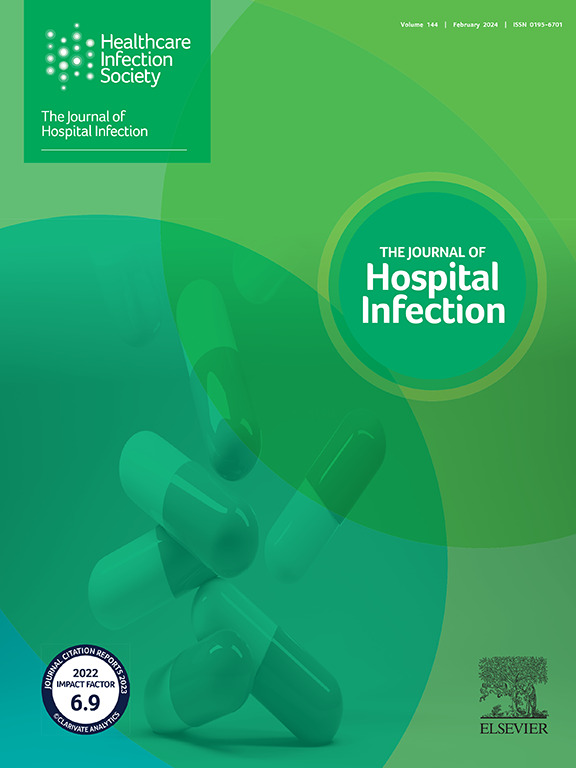Evaluating the effectiveness of a vancomycin stewardship programme in a level IV neonatal intensive care unit
IF 3.9
3区 医学
Q1 INFECTIOUS DISEASES
引用次数: 0
Abstract
Background
Despite recommendations to limit the use of vancomycin for known resistant infections, it remains one of the most commonly prescribed antibiotics in neonatal intensive care units (NICUs). One of the most effective approaches to reducing unnecessary antibiotic exposure is through the implementation of antibiotic stewardship programmes (ASPs).
Aim
The objective of this study was to evaluate the effectiveness of ASPs in reducing the use of vancomycin in neonates hospitalized in our NICU.
Methods
This study was a quasi-experimental single-centre study for a quality improvement (QI) initiative. Interventions were implemented to limit the use of vancomycin, including education of the neonatal intensive care team, standardization of vancomycin therapy, and prospective audit and feedback. The pre-intervention period was compared with the post-intervention period.
Findings
The initiation of vancomycin decreased from 166 times in the pre-intervention period to 71 times after stewardship implementations, representing a 57.2% reduction. Total vancomycin days of therapy per 1000 patient days gradually declined from 113 to 45 (60.2%) (P<0.001) during the study period. There was an increase in the Gram-positive growth in the culture of patients who were started on vancomycin (P=0.04). The number of patients receiving two or more courses of vancomycin treatment decreased by 85.7% (P=0.03).
Conclusions
This study has demonstrated that implementing effective multi-disciplinary strategies can significantly reduce vancomycin exposure in the NICU. The application of ASP practices and management in the NICU is essential and achievable, without any increase in the duration of hospitalization or mortality rates.
求助全文
约1分钟内获得全文
求助全文
来源期刊

Journal of Hospital Infection
医学-传染病学
CiteScore
12.70
自引率
5.80%
发文量
271
审稿时长
19 days
期刊介绍:
The Journal of Hospital Infection is the editorially independent scientific publication of the Healthcare Infection Society. The aim of the Journal is to publish high quality research and information relating to infection prevention and control that is relevant to an international audience.
The Journal welcomes submissions that relate to all aspects of infection prevention and control in healthcare settings. This includes submissions that:
provide new insight into the epidemiology, surveillance, or prevention and control of healthcare-associated infections and antimicrobial resistance in healthcare settings;
provide new insight into cleaning, disinfection and decontamination;
provide new insight into the design of healthcare premises;
describe novel aspects of outbreaks of infection;
throw light on techniques for effective antimicrobial stewardship;
describe novel techniques (laboratory-based or point of care) for the detection of infection or antimicrobial resistance in the healthcare setting, particularly if these can be used to facilitate infection prevention and control;
improve understanding of the motivations of safe healthcare behaviour, or describe techniques for achieving behavioural and cultural change;
improve understanding of the use of IT systems in infection surveillance and prevention and control.
 求助内容:
求助内容: 应助结果提醒方式:
应助结果提醒方式:


